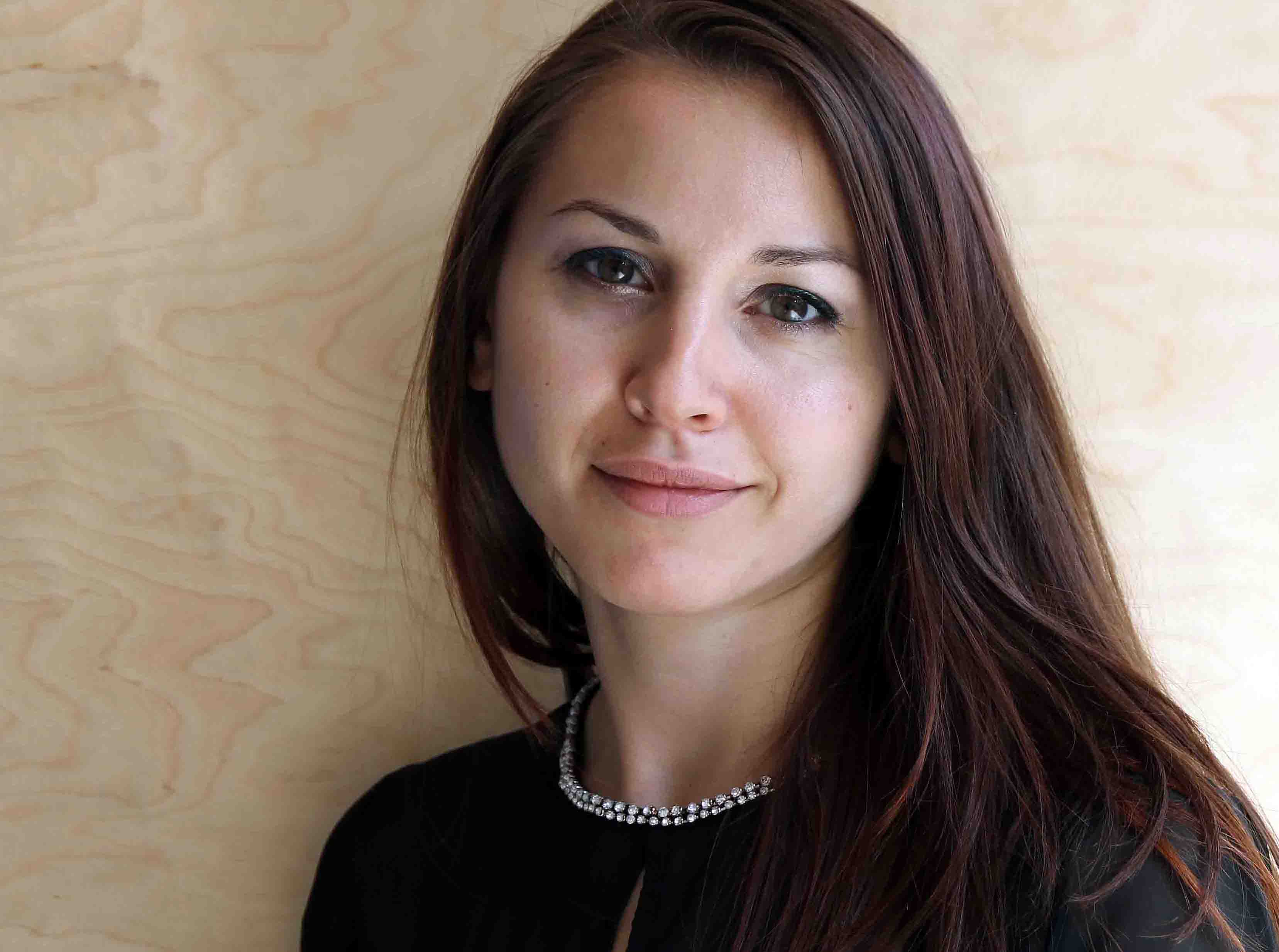
New project aims to give us more reliable DNA analysis
Associate Professor Kira Astakhova, Department of Physics, Chemistry and Pharmacy, receives 7 million DKK from Villum Foundation's Young Investigator Programme.

Today, multiple species have had their genes analyzed – also called DNA sequenced.
Most of the sequencing methods that scientists use today efficiently identify DNA from organisms that have not yet been studied, but they are not completely reliable when it comes to more detailed analysis of known DNA. Also they are expensive and time consuming.
Delving into more detailed analysis is relevant when studying for example pathogenic bacteria or when looking for mutations in an organism.
Working with rare types of DNA
"The problem is that conventional sequencing methods affect the DNA sample used for the sequencing. This means that the DNA sample cannot be used for further analysis. When you work with rare types of DNA, this is a problem”, says Kira Astakhova.
In the light of these challenges there is a need to develop new tools for more reliable analysis of rare samples and mutations that does not leave the samples affected.
Associate Professor Kira Astakhova, Department of Physics and Chemistry, has received 7 million DKK from Villum Foundation's Young Investigator Programme for a project to develop such new tools. The project title is "New tools for high efficiency detection of nucleic acids - the step after enzymatic amplification".
Today's conventional sequencing tools are based on enzymes, and it is precisely enzymes that Kira Astakhova wants to avoid in the techniques that she is now going to develop.